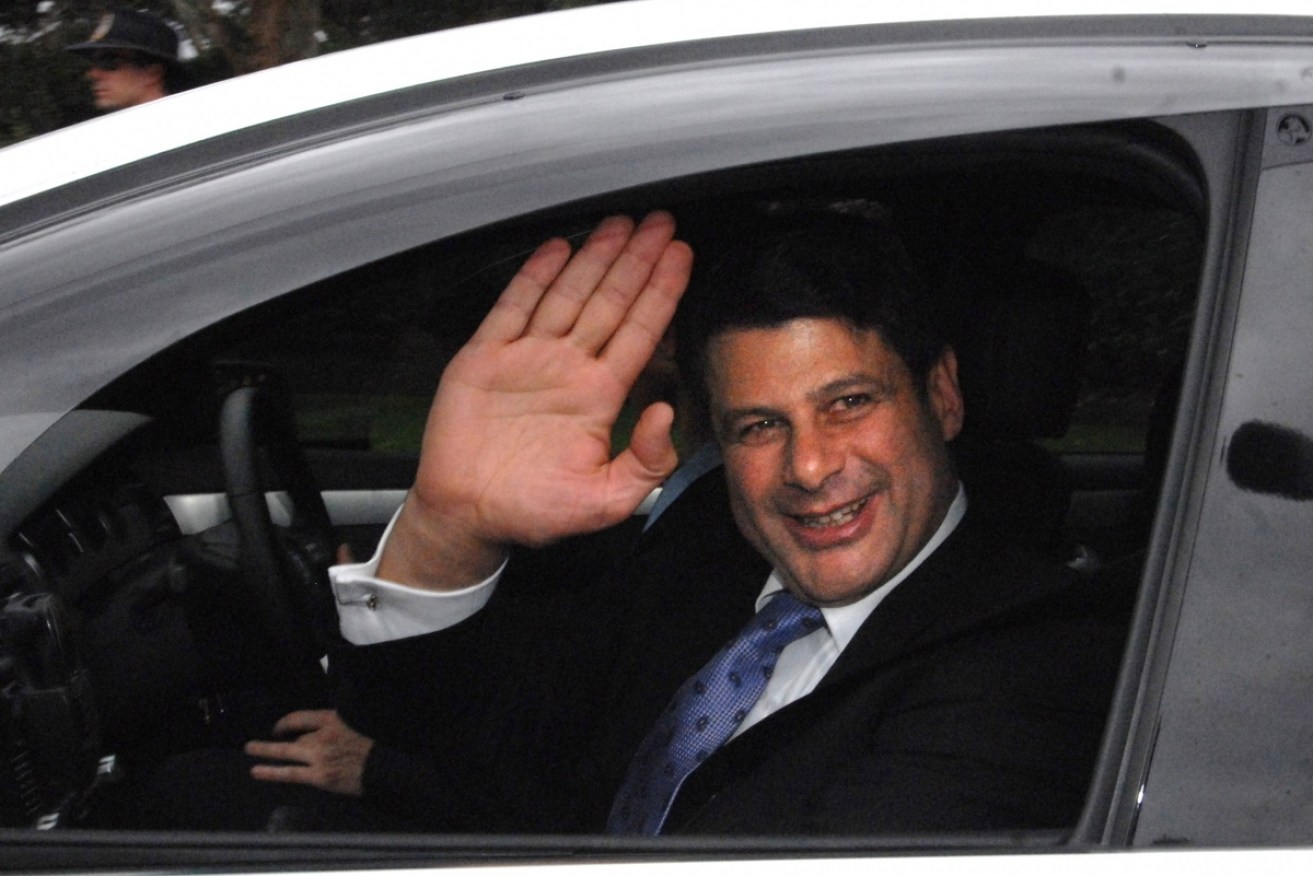Govt plan to slug infrastructure spending


Steve Bracks wants more infrastructure. Photo:AAP
Industry super funds would have to slash their plans to spend $15 billion on projects like roads, tunnels and energy infrastructure in the next five years if a government policy to uncouple super funds from enterprise bargaining agreements is implemented, they have warned.
“It will be very difficult for industry funds to maintain that level of investment if they do not have the secure funding model that the default system provides through the Fair Work Commission, where a steady stream of funds have to be placed in a spread of assets,” said Steve Bracks, former Premier of Victoria and now Chairman of Cbus.
“It would mean industry funds would need to operate more like the retail funds who do not spend much on infrastructure.”
• Govt under pressure to bridge super gender gap
• Industry super funds outpace ‘for profit’ funds
• Super reforms ‘unfair and dumb’
He said Cbus, the $32 billion industry fund, received guaranteed inflows of $100 million a month from default funds, which allowed it to invest up to 14 per cent of its portfolio in long-term infrastructure investments.
The move could also cut members’ returns, according to IFM Investors chief executive Brett Himbury.
Mr Himbury says the proposed move would increase the volatility of fund inflows.
“In that circumstance it would be difficult to provide fund trustees with a high degree of certainty about their cashflows,” said Mr Himbury.
“That would mean they would have to create a larger cash buffer and there’s every likelihood that would result in reduced allocations into illiquid assets like infrastructure.”
Industry funds put more into infrastructure

IFM owns more airports. Photo: AAP
The industry funds, with $445 billion, or 21.7 per cent of total superannuation assets under management, are by far the biggest single investors in infrastructure among super funds. Industry funds typically invest between eight and 14 per cent of their assets in infrastructure.
Retail funds, which have $540 million under management, invest less than two per cent in infrastructure and most of that is in assets listed on the stock exchange.
Government funds, with $223 billion under management, invest about two per cent in infrastructure and the self managed sector with $594 billion, “have virtually no exposure to infrastructure,” Mr Himbury said.
Any shift out of infrastructure would affect member earnings.
“Funds with a larger exposure to illiquid assets have consistently earned higher returns,” Mr Himbury said.
Industry funds have returned members 6.47 per cent a year for the last decade while retail funds returned 4.89 per cent, according to SuperRatings figures.
Infrastructure investment play an important role in driving economic growth, says Mr Himbury, particularly in New South Wales.
“New South Wales gross state product is growing at the fastest rate in the country and that is driving employment growth faster than the rest of the country combined,” he said.
The NSW government is using the federal government’s asset recycling incentives to boost infrastructure spending.
“IFM investors paid $5.07 billion for Port Botany and Port Kembla and the government is using the proceeds to build new schools, hospitals and the like,” Mr Himbury said.

Don’t say goodbye to infrastructure investment says Steve Bracks. Photo: AAP
Fair Work Commission would stop choosing funds
IFM Investors, which manages investments for 30 industry super funds, is “the largest owner of airports in the country,” with stakes in all major airports except Sydney, Mr Himbury says. Other investments include hospitals, ports, roads and railway stations.
Currently default funds in enterprise bargaining agreements are chosen by an expert panel attached to the Fair Work Commission.
The government appears to favour open access to default funds. That leaves open the possibility of employers directing default super payments to funds owned by financial institutions with which they have other relationships but may not offer the best deal for members.
Employees who don’t nominate a super fund have their contributions channeled to a default fund.
DISCLAIMER: The New Daily is owned by a group of industry super funds.









